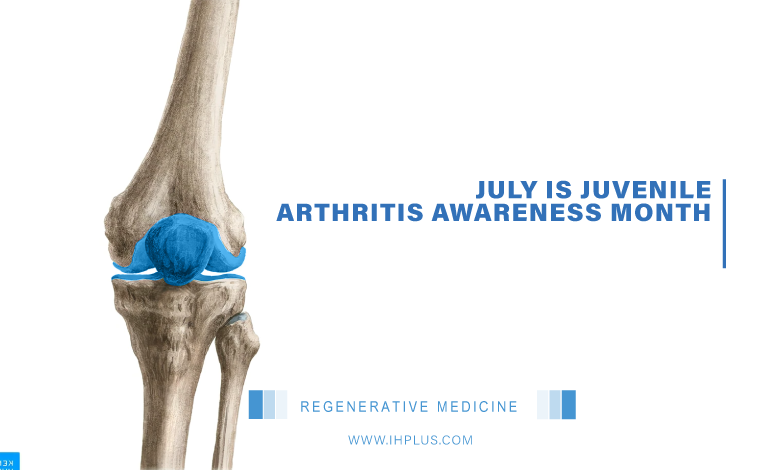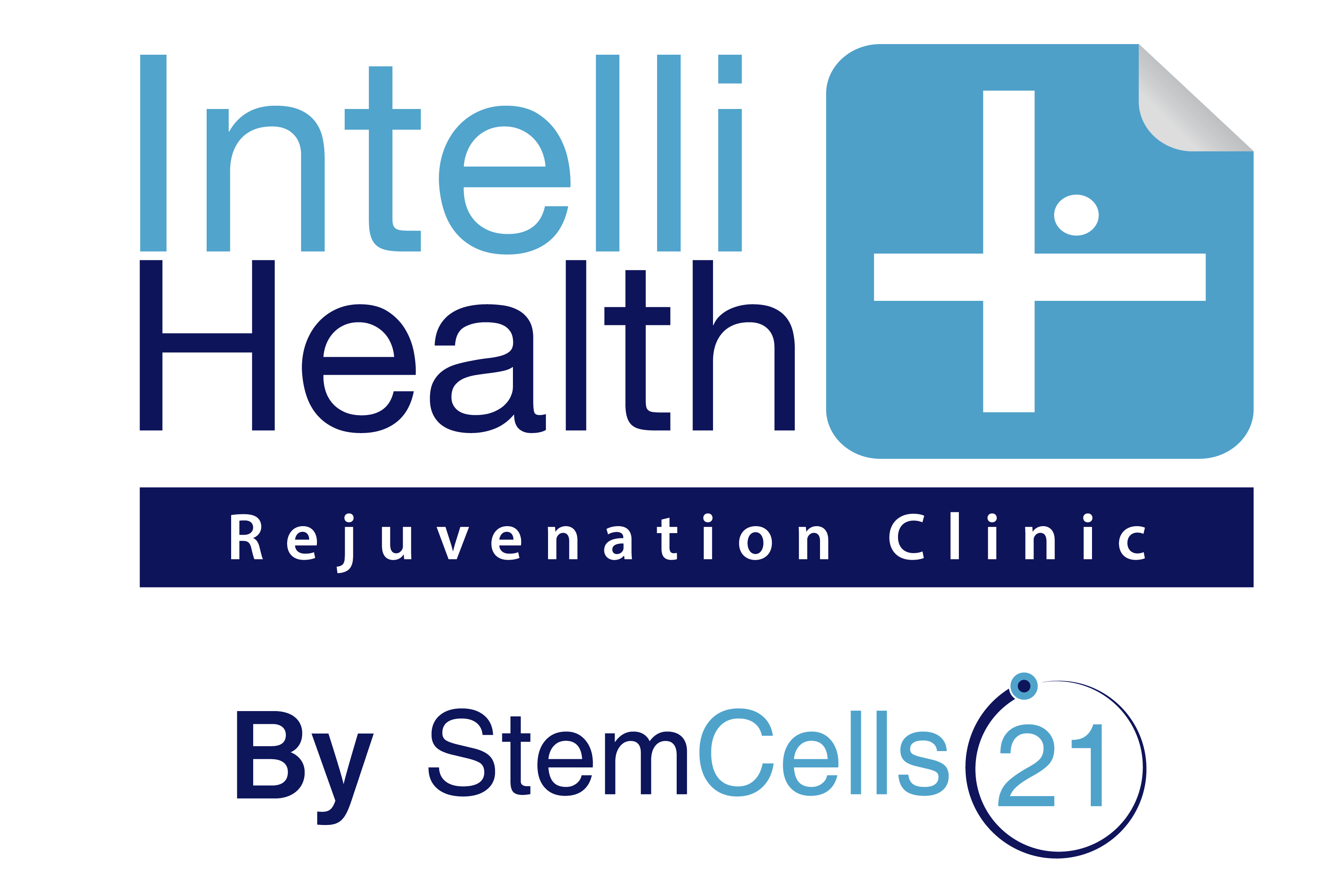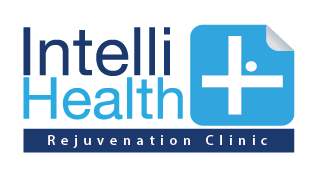
Juvenile Arthritis Awareness Month
July is an important month for raising awareness about a condition that affects millions of children worldwide: juvenile arthritis. Juvenile Arthritis Awareness Month serves as a platform to educate the public, support affected families, and advocate for better understanding and resources for children with this chronic autoimmune disease.
Juvenile arthritis refers to a group of autoimmune and inflammatory conditions that develop in children under the age of 16. It is characterized by joint pain, swelling, stiffness, and sometimes systemic symptoms such as fever, rash, and fatigue. Juvenile arthritis can impact a child’s physical abilities, overall well-being, and quality of life, making early detection, proper management, and support crucial.
Here are some key points to raise awareness about juvenile arthritis:
- Understanding the Different Forms: Juvenile arthritis encompasses various forms, including juvenile idiopathic arthritis (JIA), which is the most common. Other forms include juvenile lupus, juvenile dermatomyositis, juvenile scleroderma, and juvenile psoriatic arthritis. Each form has unique symptoms, diagnostic criteria, and treatment approaches, highlighting the need for accurate diagnosis and tailored care.
- Impact on Children: Juvenile arthritis affects not only the physical health of children but also their emotional well-being and social interactions. Pain, mobility limitations, and treatment side effects can impact their daily activities, participation in school, sports, and overall development. Raising awareness about these challenges helps foster empathy, support, and inclusion for children with juvenile arthritis.
- Early Diagnosis and Treatment: Early detection is critical in managing juvenile arthritis. Recognizing the signs and symptoms, such as joint swelling, stiffness, and persistent pain, can lead to timely medical intervention. Rheumatologists play a vital role in diagnosing and developing individualized treatment plans that may include medications, physical therapy, occupational therapy, and lifestyle modifications.
- Supportive Services: Children with juvenile arthritis often require ongoing support beyond medical treatment. Access to pediatric rheumatologists, multidisciplinary healthcare teams, and specialized care centers can make a significant difference in their management. Awareness efforts can help advocate for improved healthcare infrastructure, research funding, and insurance coverage to ensure comprehensive and accessible care for all affected children.
- Empowering Families: Juvenile arthritis impacts not only the child but the entire family. Parents and caregivers may face unique challenges in navigating the healthcare system, managing treatments, and addressing the emotional impact on their child and family dynamics. Support groups, educational resources, and counseling services can provide valuable assistance and empowerment for families.
- Promoting Research: Continued research is crucial to better understand the causes, mechanisms, and potential treatments for juvenile arthritis. Raising awareness can help generate support for research initiatives, clinical trials, and advancements in treatment options, ultimately improving outcomes for children living with the condition.
Throughout July, individuals, healthcare organizations, and advocacy groups join forces to spread awareness about juvenile arthritis. Activities may include educational campaigns, fundraising events, community walks, social media campaigns, and local support group meetings. By sharing information, fostering understanding, and providing support, we can collectively make a positive impact on the lives of children with juvenile arthritis and their families.
Together, let us recognize Juvenile Arthritis Awareness Month and work towards a future where every child with arthritis receives the care, resources, and support they need to thrive.
YOU MAY BE INTERESTED..
Our treatment treated at IntelliHealthPlus Clinic By StemCells21
Book a FREE Consultation Now
IH+ Contact Form
Contact our international team of medical professionals with language services available in English, Thai, Arabic, Chinese, Spanish, and Russian.
Please indicate your preferred language and we will do our best to accommodate your request.

